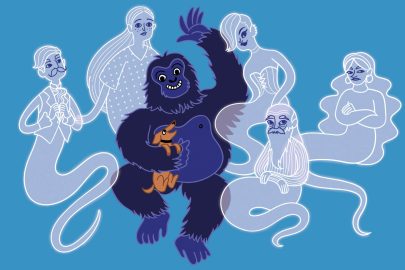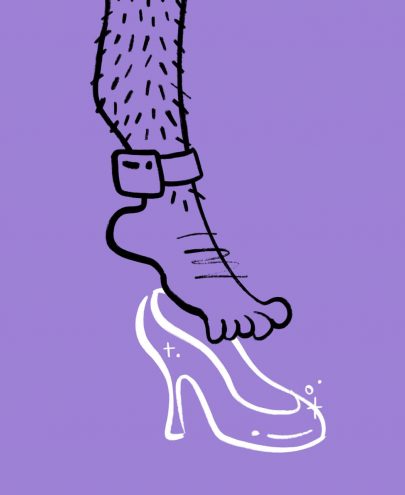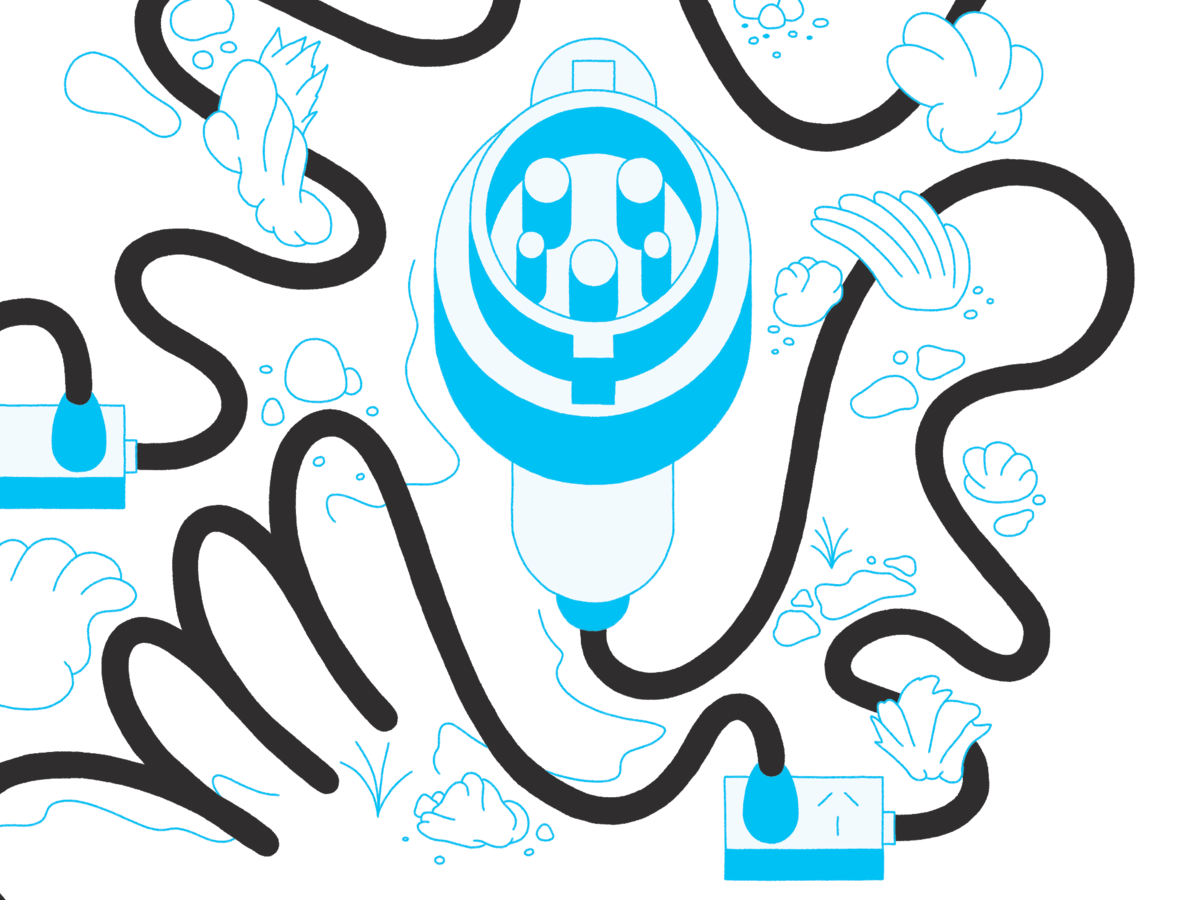Jun 1, 2016 etc
How myths about romance help to hide ugly truths.
This article is published in the June 2016 issue of Metro, now on sale nationwide.
The same day 95bFM cancelled Andrew Tidball’s show, the Auckland student radio station aired an ad that referred to musician PJ Harvey as “Blowjob Harvey”.
Tidball’s show was axed in April, in the wake of The Spinoff ’s investigation into the music promoter’s relationships with young girls.
It seems the casual degradation of women — particularly feminist heroes — is more acceptable than ever (I’ve heard no ad referring to the Cunnilingus Kings of Leon.)
The link between sexual assault and everyday misogyny is often ignored — but more surprisingly, there’s also a link between assault, misogyny and common models of heterosexual romance. Treating high-profile sexual predation (including Roast Busters) as a scandal allows us to “compartmentalise it and think of it as an aberration”, says Nicola Gavey, a professor of psychology at the University of Auckland. But such abuse “is made possible by everyday norms”, norms that, at some point, cross a line into exploitation.
Treating high-profile sexual predation as a scandal allows us to “compartmentalise it and think of it as an aberration”
Gavey’s theory is that heterosexual rape and sexual exploitation are sometimes able to “slip by unnoticed as just part and parcel of normal sex” because of the widespread myth that men are naturally sexually assertive and women are not. In her book Just Sex? The Cultural Scaffolding of Rape, Gavey explains that the-pursuers-vs-the-passive stereotype makes it easier for some men to think (or to pretend to think) that a woman’s being apathetic means yes; that having an unenthusiastic partner is “just normal sex” rather than rape. (There are other deeply ingrained norms that go along with this Tarzan-Jane approach: it’s not sex unless there’s penetration; it’s not sex unless there’s male orgasm; and women need to fulfil men’s sexual needs in order to keep their love — but not vice versa. Such myths limit sexual variation and choice.)
It’s clear that rape and other forms of sexual coercion are not as easily detectable, avoidable and distinct — nor as unusual — as we like to think. First, strangers don’t usually rape strangers; instead, “friends” rape friends. An attacker will be a colleague, a boyfriend, a husband — somebody their victims, and probably their victims’ friends, probably trust and often hang out with.
The upshot? People want to downplay what happened. “Often abusive behaviour is dismissed by friends and family as ‘normal’,” Inner City Women’s Group agency manager Deborah Mackenzie said recently, promoting a new app that helps women to diagnose partner abuse.
“I know… a literal rapist and every party I go to my friends are hanging around him,” Emily Edrosa of indie band Street Chant told The Spinoff. “But nobody will do anything about it because it might be an awkward convo.” So targets are told (or sometimes tell themselves): suck it up, you were both drunk, or he’s our best worker, or he loves you and he won’t do it again. Yet “friend” rape can be just as damaging as stranger rape.
The second way in which rape cannot be seen as an out-of-nowhere aberration is that there’s a continuum of sexual coercion that shades into “normal” sex. Gavey stresses that this doesn’t mean most or much sex is rape-like but that pressure to have sex comes in varying degrees. At the less harmful end, for example, someone might be nagged into sex with a partner at the end of a tiring day and agree, just so the requests will stop.
Perhaps more problematically, a woman may be sneered at as “frigid” or “uptight” if she does not satisfy her man, or told she’s a “cock teaser” or “prudish” if she is friendly but refuses to put out. Gavey also uses examples in which ex-lovers or flatmates didn’t verbally consent to sex but did not physically obstruct unwanted and rough advances, for fear that a tussle would lead to (more) violent rape.
So what needs to happen? While it’s not a magic bullet, compulsory sexuality education would help, says Gavey; New Zealand’s curriculum is good but not currently universally taught. As for the rest of us, listening to our friends’ and lovers’ concerns, desires and experiences — and not nicknaming women after sex acts — seems a good place to start.





